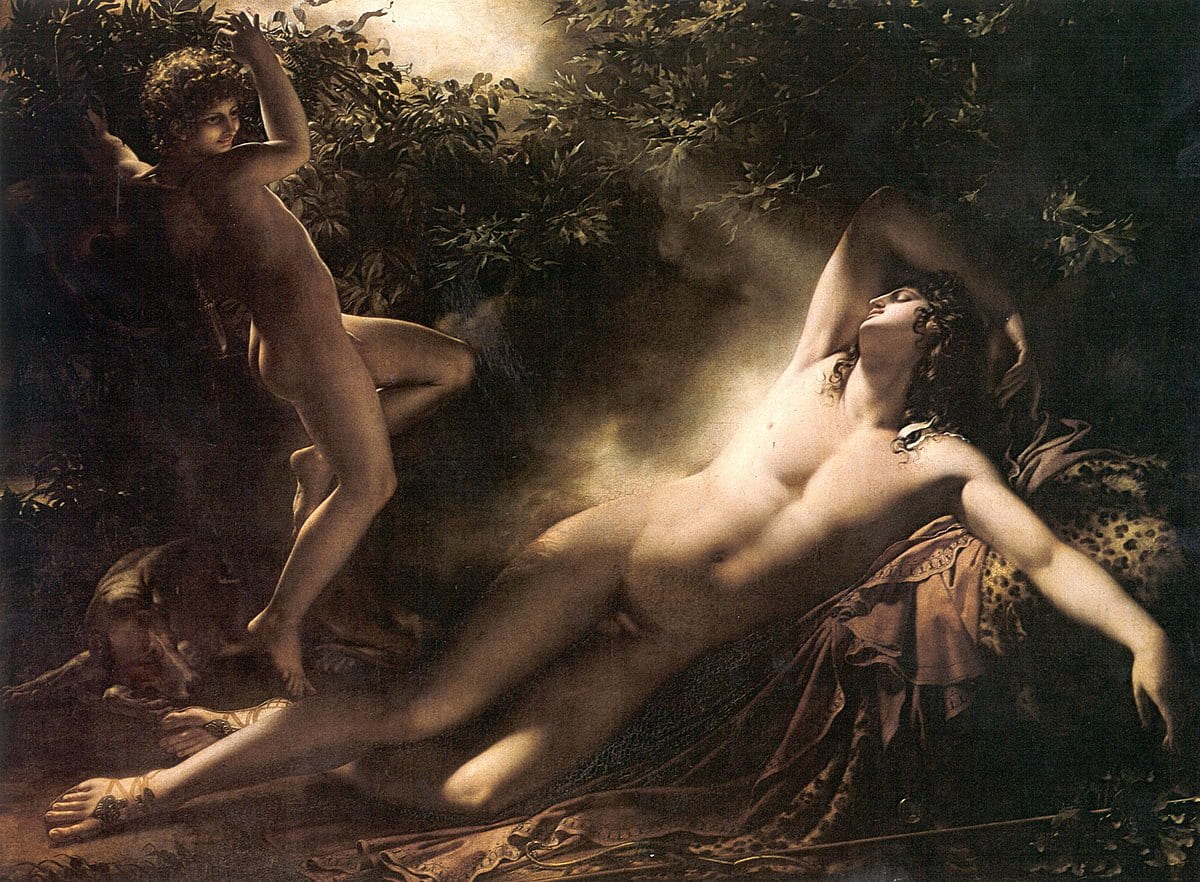
Marcel Mauss’ The Gift is an extraordinary book, one that contends with the common yet defeatist and fatalist line of thought that results in self-regulating markets and the ‘invisible hand’ of the market.1 Mauss’ anthropological project is not just that: it lays bare a particular conception of the gift that Mauss sees. As we shall see, there are issues with this conception, but on the whole, the gift seems to be a particular contrivance of his with implications for the way in which we construe our socioeconomic relations and question the existence of a market unfettered from man. Mauss’ is out to prove that in most archaic societies, “exchange and contracts take place in the form of presents; in theory these are voluntary, in reality, they are given and reciprocated obligatorily” (3). His theory goes into remarkable detail about the operations of what he calls ‘potlatch’ in communities still extant around the world, but also examines how the ‘potlatch’ evolved from its primitive form to the more complex concepts we know today in the form of the market. Mauss’ book is rich, and I borrow liberally from it, at least in its descriptive form.
Continue reading “The Curse of the Gift”
- All inline citations are from: Marcel Mauss, The Gift: The Form and Reason for Exchange in Archaic Societies, trans. W.D. Halls, Routledge Classics (London: Routledge, 2002). ↩